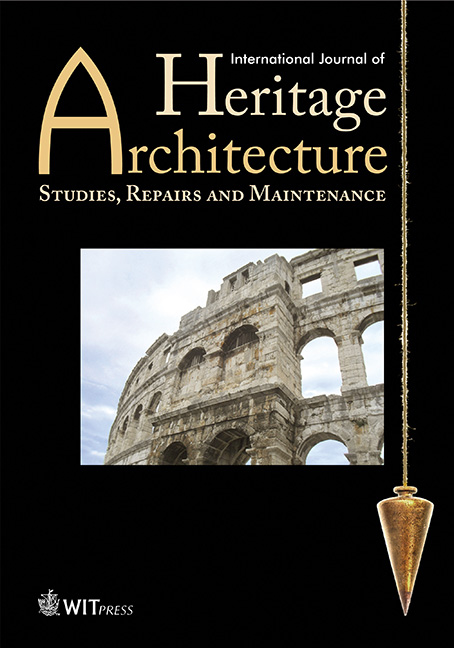‘CONSERVATION RURAL SPACE’ – THE CASE OF AGRICULTURAL COOPERATIVE SETTLEMENTS AND OPEN SPACE IN ISRAEL
Price
Free (open access)
Volume
Volume 2 (2018), Issue 1
Pages
14
Page Range
159 - 173
Paper DOI
10.2495/HA-V2-N1-159-173
Copyright
WIT Press
Author(s)
IRIT AMIT-COHEN
Abstract
Progressing development trends threaten the continued existence of open space, natural resources and cultural heritage sites in rural areas. These trends are evident in many countries worldwide, yet they are especially conspicuous and threatening in Israel, a small and densely populated country with limited land resources. Moreover, the present urban-biased development trends pose a threat to the continued existence of Israeli rural cooperative settlements (Kibbutz and Moshav), which comprise universally unique settlement models and are therefore very highly valued cultural heritage assets. The purpose of this paper is to offer the ‘missing link’ in creating an integrated planning approach to conservation of rural areas, their settlements and agricultural lands together with open landscapes that have been declared for preservation. Such a framework will utilize the prevailing act of the planning authorities which, at present, rarely develop (or at least stabilize) agricultural heritage assets, most of them vernacular, embedded in open space or natural reserve, or part of a rural landscape which holds historical and cultural values.
Keywords
conservation, cultural heritage complexes, Kibbutz, moshav, open space, rural landscapes




